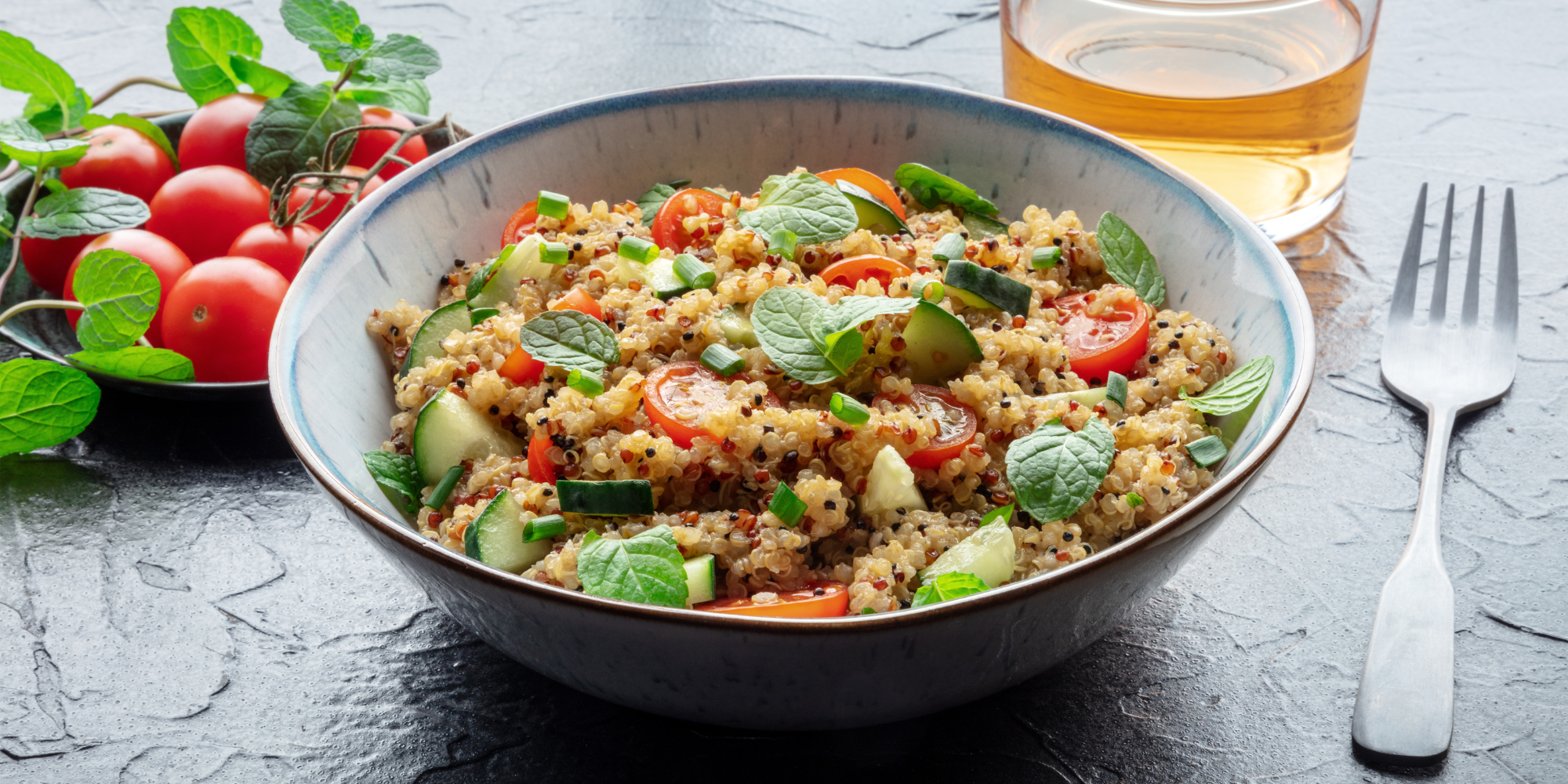A team of researchers from University College London (UCL) has published the results of a groundbreaking study confirming that consuming ultra-processed foods (UPF) significantly impedes weight loss. In contrast, a diet based on minimally processed foods (MPF)—even without additional caloric restrictions—results in greater weight loss and improved body composition.
The findings were published in the esteemed journal Nature Medicine (DOI: 10.1038/s41591-025-03842-0).
The study involved 55 adults who, split into two groups, alternated for two months between a diet based on minimally processed foods (like fresh vegetables, fruits, whole grains, and home-cooked meals) and a diet centered on ultra-processed foods. UPF items included ready-to-eat meals, snack bars, chips, sugary drinks, and various products containing technological additives (such as emulsifiers, preservatives, flavor enhancers, and artificial flavors).
While both diets were matched nutritionally in accordance with Eatwell Guide recommendations, the outcomes were strikingly different. Participants who ate a minimally processed diet lost twice as much weight (a 2.06% reduction) as those consuming the ultra-processed diet (a 1.05% reduction).
The greater weight loss in the MPF group resulted mostly from reductions in body fat and water content, while preserving muscle mass. Additionally, participants following the MPF diet reported lower appetite and greater control over food cravings.
Researchers point out that not all ultra-processed foods are automatically unhealthy. However, the way food is processed—and not just its fat, sugar, or salt content—has a significant impact on both health and the effectiveness of weight loss.
Source: University College London, Science, dzienniknaukowy.pl








